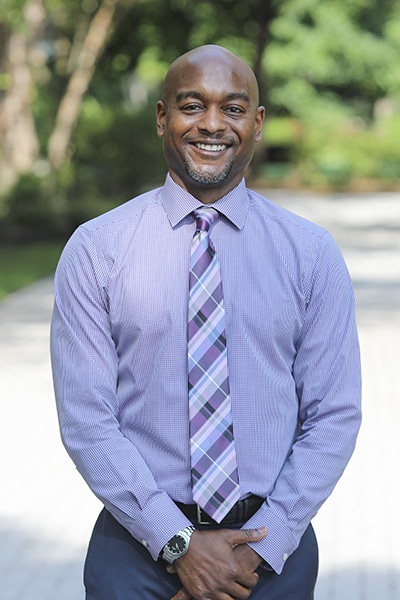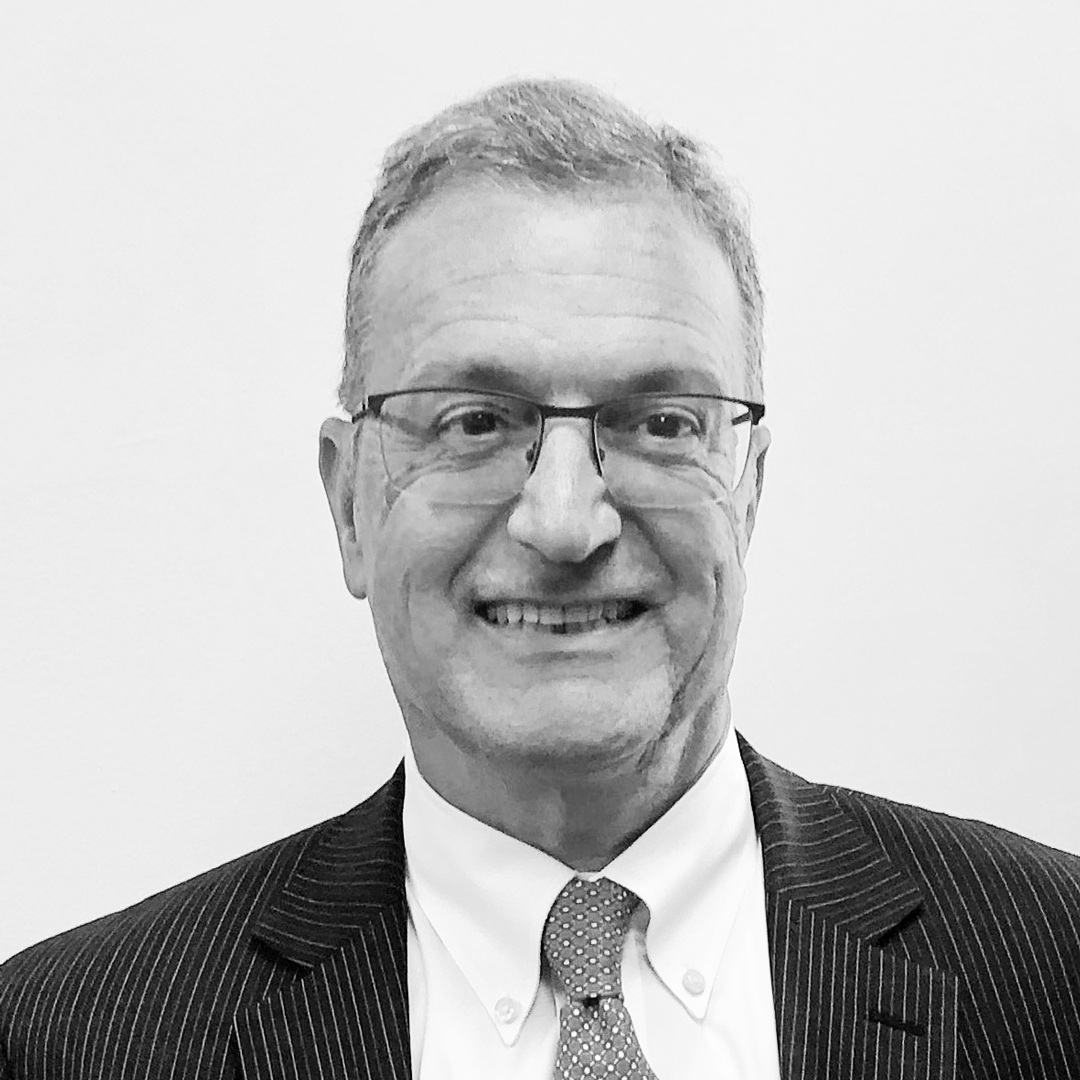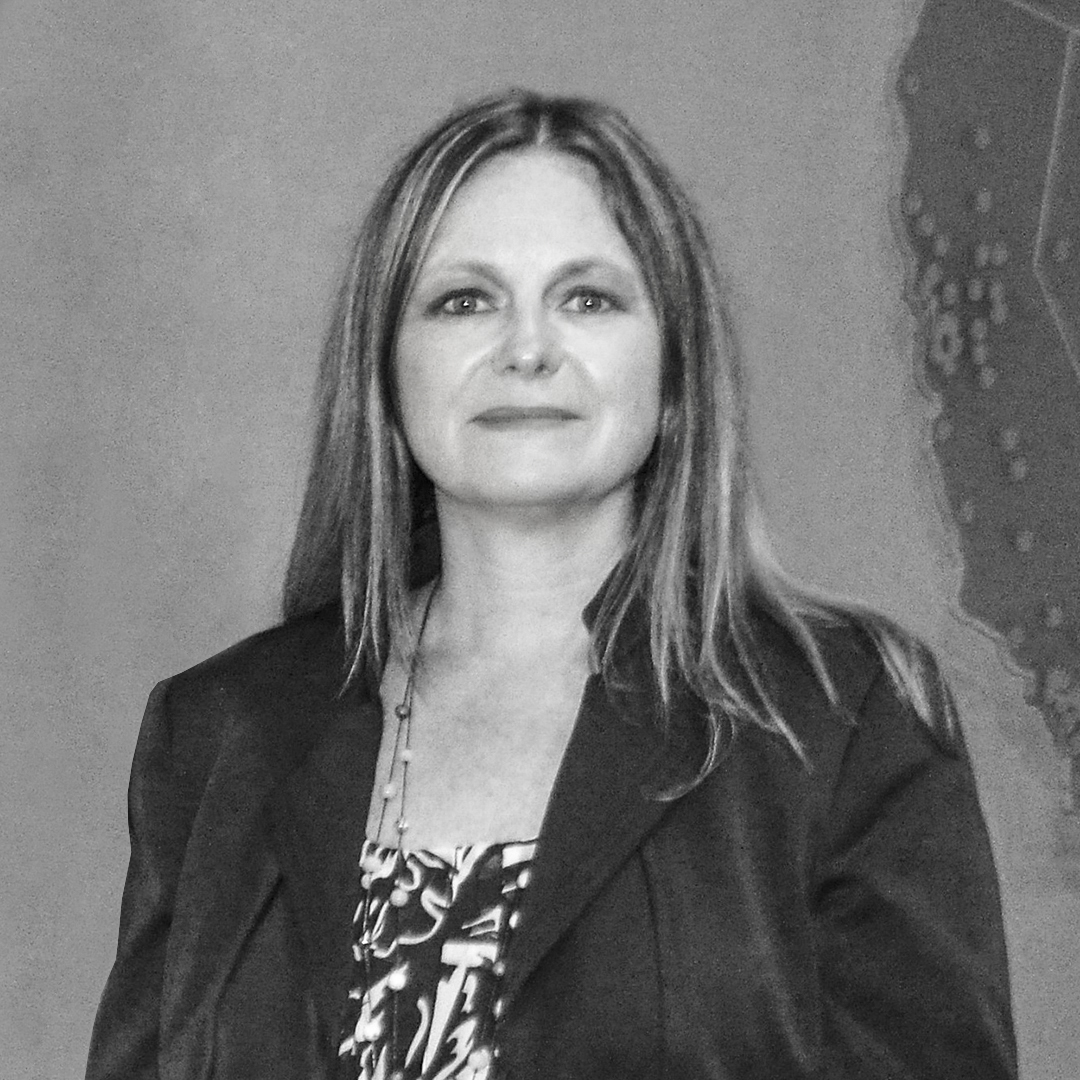Nervously waiting to learn the results of his California Bar exam, Kevin Henley had a phone call with his father that he still remembers, thirteen years later.
“I’ve always been able to protect you, and I can’t protect you here,” Henley recalls hearing, his dad choking back tears. “We know the odds, and it bothers me so much that I’m not able to help you determine this outcome.”
That evening, Henley made the call to his parents—who grew up under Jim Crow laws and never had his educational opportunities —and proudly told them their son was now a lawyer.
But the following year, the tables took a devastating turn. Henley’s father was diagnosed with stage 4 kidney cancer, and Henley moved back to his family home in Maryland to help care for his dad. “This man I had always known as this protector and teacher just suddenly looked vulnerable. I saw fear that I’d never seen before,” Henley says.

“I was so desperate for anything. I’m like, ‘I’m a lawyer, I’m supposed to have answers, I’m supposed to research,’” Henley recalls. He read everything about oncology he could get his hands on, but he was disappointed to learn that kidney cancer, being relatively uncommon, did not have a lot of treatment options. After initial treatments failed to produce results, Henley tried to get his father into a clinical trial in England, but the disease had already progressed too far.
His father’s death left a massive void for Henley. He remembers thinking, “I’m twenty-seven years old; I just lost my teacher, my best friend, my protector—what am I going to do?”
Meanwhile, a partner at Henley’s firm in the FDA healthcare practice, Vernessa Pollard, had become a friend and mentor and started bringing him in on her matters. “All of her matters involved helping people who were trying to help other people,” he recalls. “I learned so much from that that I started to deliberately move my practice in a much more healthcare-related way.”
Henley also spent six months as a loaned associate to the Legal Aid Society in Washington, DC, representing low-income tenants at risk for eviction. He saw firsthand how mental illness—which affected a disproportionate number of his clients—permeates people’s lives and can inhibit their success. “I came away from that realizing, ‘Wow, there’s a lot of good that can be done for people in this space,’” he says.
When Otsuka America Pharmaceutical Inc., then a client of Henley’s firm, requested an on-site attorney for several months, Henley’s mentor offered him the role.
“Otsuka was doing a deep dive into the mental health space,” Henley says. The company was focusing on disorders as well as diseases, including cancers, that didn’t traditionally get a lot of attention from pharmaceutical companies. It was a perfect fit for Henley’s interests, and when a full-time role became available the following year, he jumped at it.
Henley came on as senior director, senior compliance counsel, with responsibility for four function areas: Otsuka’s financial transparency program, and serving as compliance lead for the market access team, patient support program, and digital medicine business.
At the time, Otsuka was in development with what is now Abilify MyCite, a version of the drug Abilify used to treat schizophrenia and other mental health disorders, but with an added sensor that connects to an app through a patch on the patient’s body. With the app, the patient and their physician can monitor that the patient is taking their medication correctly. The FDA approved Abilify MyCite in 2017, and the US had its first drug with a digital ingestion tracking system.
In helping to launch the first digital medicine, Henley collaborated with the product development team to work out the necessary patient privacy and compliance issues—work he found extremely rewarding.
Working in digital medicine also hits home for Henley because he sees how data can be harnessed to provide information for family caregivers—a role he knows well. “The more your family is in the battle with you, the greater the likelihood you’re going to have a positive outcome,” he says.
Henley never wants his compliance work to hinder his colleagues’ innovations. “My job is to do the blocking for them so they can get down the field,” and to help them bring their ideas to fruition in the least risky way possible, he says. “It’s a failed model of compliance to have as your default answer, ‘No, we can’t do that.’”
Not all colleagues expected that from Henley’s department, and at times he’s had to be deliberate about communicating that he wasn’t there to get in their way. “Where I have guidance or perspective that might help inform the decision-making, so that we can get these products out to the patients who need them, I’m going to do that,” he says. He recognizes that sometimes tough conversations need to be had, but he believes that, ultimately, his colleagues know that he and his team have the company’s best interest in mind.
With this approach, Henley has become a trusted advisor to colleagues and seen his compliance portfolio grow to include the medical device division while helping his direct reports grow into new areas of responsibility. He’s excited about Otsuka’s continued focus on mental health, which he sees as an ambiguous space where solutions are hard fought, but the payoffs for patients—and their families—can be huge.
“It’s not just that we’re manufacturing drugs. We are really doing everything possible, holistically, to improve outcomes and the lives of patients and caregivers,” Henley says.
He adds, “I think your parents are proud when they see that you’re doing right by other people.”
McDermott’s Life Sciences–Where Mission Meets Innovation. Whether you’re a global biopharma or Medtech leader or a start-up, we know it’s mission that drives you. From FDA/regulatory, compliance and risk management, IP, litigation, corporate, and tax, our team delivers tailored life sciences legal solutions to keep your business moving forward.

